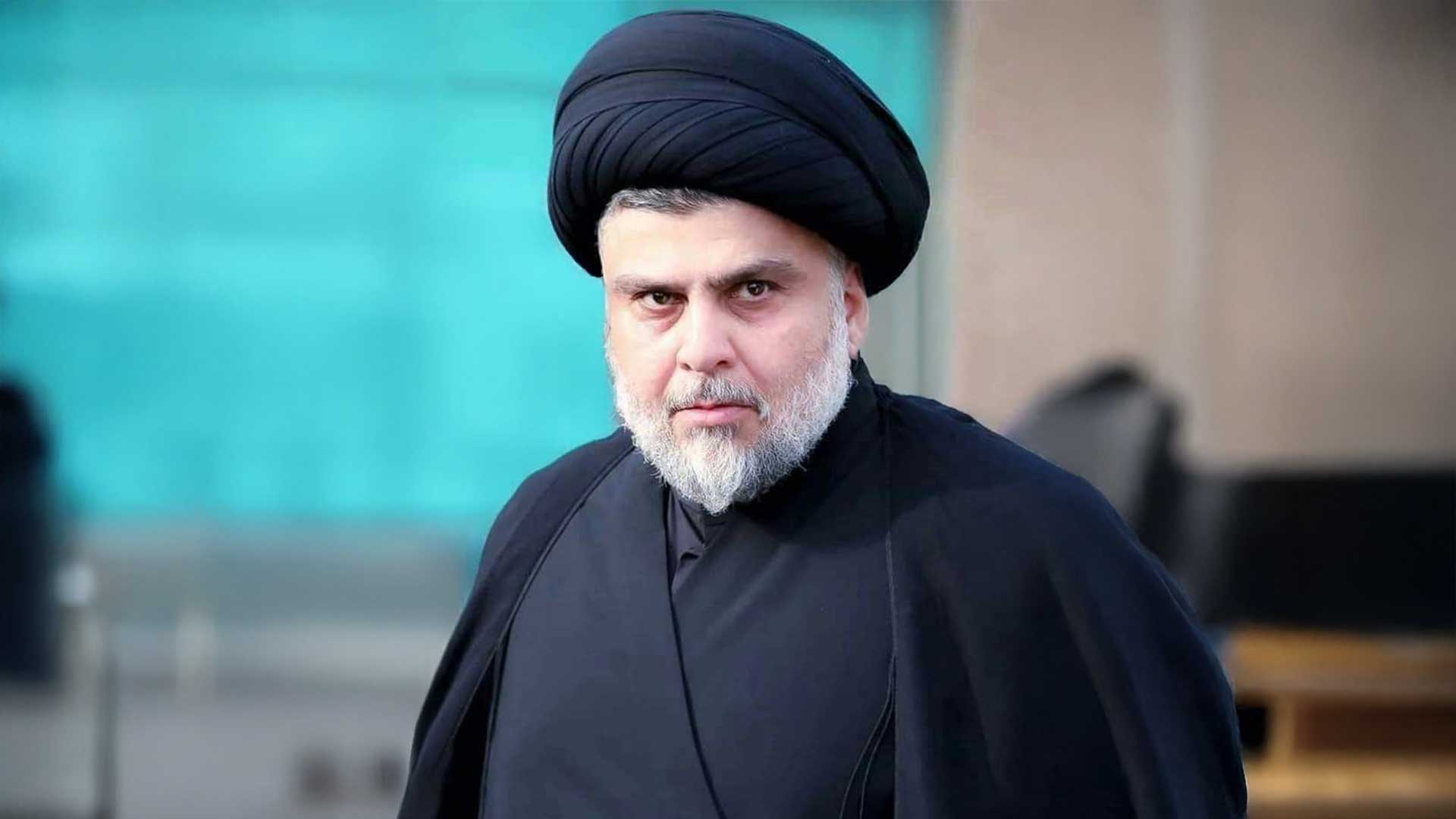“Renew Your Card, Then Boycott”: Sadr’s Camp Rallies Against Elections
“The number of those boycotting the elections must exceed the number of participants.” The statement is consistent with the Sadrist movement’s earlier positions against engaging in what they view as a corrupt and compromised political system.

ERBIL (Kurdistan24) — A close associate of prominent Shiite cleric Muqtada al-Sadr has simultaneously called on citizens to renew their voter cards while encouraging a broader boycott of Iraq’s upcoming parliamentary elections scheduled for November 11.
On Saturday, Salih Mohammed al-Iraqi—an influential figure closely affiliated with al-Sadr and often considered a mouthpiece for the Sadrist movement—released a statement on the messaging platform Telegram. In it, he urged citizens to renew their voter registration cards, describing it as a necessary civic act. However, paradoxically, he also reinforced the movement’s stance on boycotting the elections.
Al-Iraqi emphasized that encouraging people to renew their voter cards should not be mistaken for participation in the electoral process. Instead, he argued, “The number of those boycotting the elections must exceed the number of participants.” The statement is consistent with the Sadrist movement’s earlier positions against engaging in what they view as a corrupt and compromised political system.
— وزير القائد - صالح محمد العراقي (@salih_m_iraqi) April 18, 2025
In a direct and unwavering response to Iraqi President Abdul Latif Jamal Rashid’s appeal for political reconciliation, the influential Shia cleric and leader of the National Movement, al-Sadr, reaffirmed on Friday his decision to boycott the upcoming parliamentary elections. Despite the President’s public letter—issued just two days earlier—urging al-Sadr to rejoin the electoral process and warning of the political vacuum his absence may create, al-Sadr stood firm in his rejection.
Al-Sadr reiterated that he would not participate in what he described as a corrupt and compromised process, declaring, “I have not and will not participate alongside the corrupt and enemies of the people.” The exchange highlights the deepening divide between Iraq’s executive leadership and the Sadrist movement, whose anti-corruption stance and mass popular support continue to challenge the foundations of Iraq’s post-2003 political order.
Back on March 27, 2025, Muqtada al-Sadr himself declared that he would not take part in any future political process in Iraq, stating it serves only sectarian and partisan interests. He reaffirmed his commitment to the principles of the Sadrist base and honored the sacrifices made by his supporters over the years. Al-Sadr’s rejection of electoral participation is rooted in his belief that the current system is deeply entrenched in corruption and controlled by external influences.
The Sadrist movement, known for its powerful grassroots base and its influence in shaping Iraqi politics, had previously withdrawn from the political process in 2022. Their absence from the political arena has left a notable void, especially among Iraq's Shiite electorate.
Muqtada al-Sadr, a prominent and polarizing cleric, has long positioned himself as a reformist figure advocating for Iraqi nationalism and anti-corruption. His movement draws significant support from Iraq's urban poor and working-class Shiites. Although his bloc secured the most seats in the 2021 elections, al-Sadr eventually withdrew his MPs from Parliament in protest against political deadlock and interference from rival factions.
This recent messaging—promoting administrative readiness while simultaneously advocating abstention—may serve as a tactical maneuver to maintain influence and public visibility while reinforcing the movement’s disillusionment with the status quo.
As Iraq inches closer to the next round of parliamentary elections, the Sadrist boycott campaign is likely to deepen political divisions and raise questions about the legitimacy and inclusiveness of the electoral process.